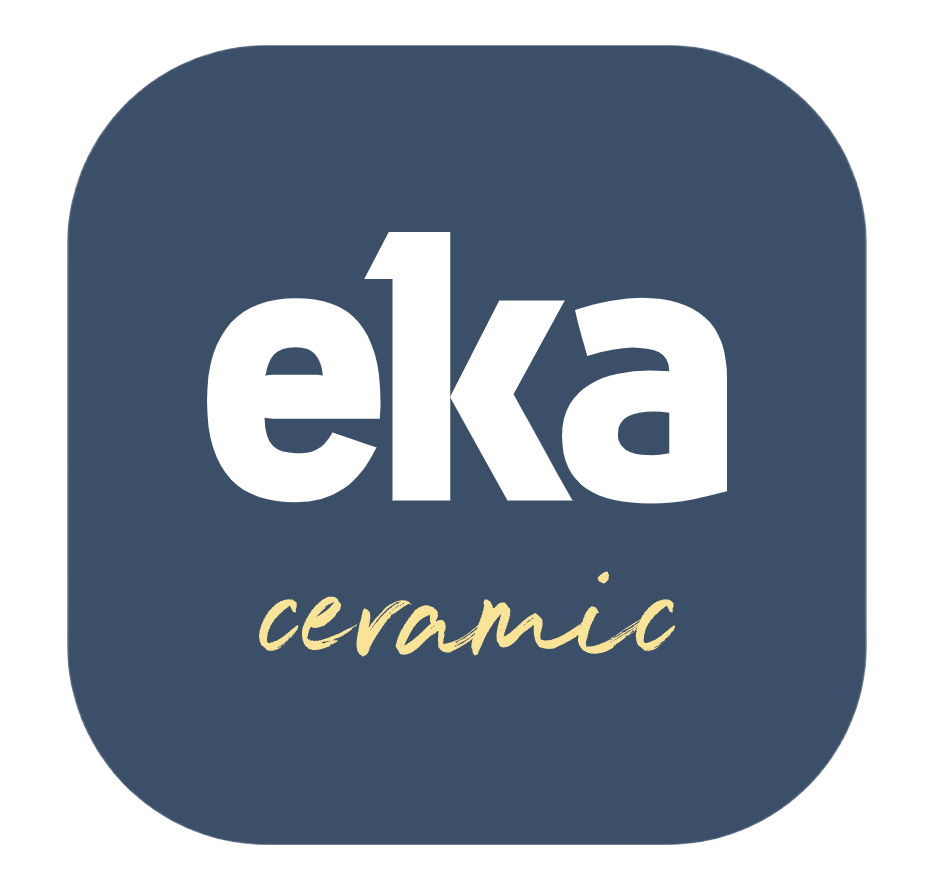When we talk about urbanization, we often think of traffic congestion, skyscrapers, and rapid infrastructure development. But in Asia, this wave of urbanization is transforming much more than just skylines. It’s reshaping people’s lifestyles, aesthetic preferences, and even the type of dinnerware they use every day.
In this article, we’ll explore how urbanization in Asia is influencing ceramic dinnerware sales. From consumer behavior and space constraints to aesthetic trends and e-commerce habits, we’ll take a deep dive into the shifts happening across different countries—and what global buyers can learn from them.
The Pace of City Life Has “Evolved” Dinnerware
As urban populations in Asia continue to rise, living spaces are becoming smaller and life is getting faster. Especially in dense cities like Tokyo, Bangkok, and Ho Chi Minh City, limited kitchen space drives consumers toward practical, compact, and minimalist ceramic products.
What urban consumers are looking for:
- Multi-functional use: Dinnerware that serves more than one purpose in small spaces
- Minimalist design: Clean, modern looks that fit into any home aesthetic
- Daily usability: Microwave- and dishwasher-safe
- Lightweight and stackable: Easy to store and saves space
- Eco-conscious choices: Preference for natural materials and sustainable production
Country-by-Country: Urban Trends and Dinnerware Aesthetics
Japan: Minimalism Meets Craftsmanship
In Japan’s compact urban homes, especially in cities like Tokyo and Osaka, younger consumers gravitate toward lightweight, refined, and simple ceramic tableware. The focus is on “less but better” and seamless integration with everyday living.
Popular Local Brands:
- Noritake: Known for high-end porcelain, but also offers lightweight everyday dinnerware with elegant design
- Hasami Porcelain: Merges traditional techniques with modern modular design—ideal for stacking and mixing
- Kinto: Lifestyle-focused brand offering minimal yet warm-toned ceramic pieces, perfect for compact homes
Long-tail keywords:
- minimalist porcelain dinnerware for apartments
- space-saving ceramic bowls for Japanese kitchens
South Korea: From Kitchen to Instagram—Looks Matter
In cities like Seoul, aesthetics reign supreme. Young families and single-person households are drawn to visually appealing ceramic dinnerware that also performs well on social media. Soft tones, matte finishes, and handcrafted looks are trending.
Popular Local Brands:
- Ildong Ceramic: Simple, neutral-toned collections with a focus on safe materials
- Modori: Known for combining sustainability and design—especially popular with eco-conscious urban dwellers
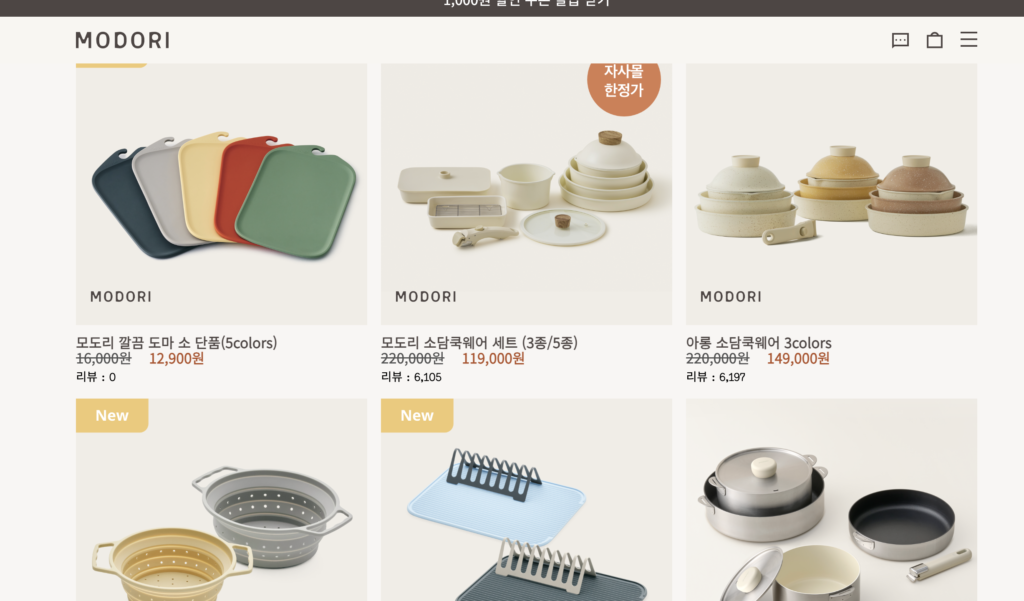
- Kukka: A lifestyle brand with artisanal charm and soft pastel ceramics that appeal to the “small joys” aesthetic
Long-tail keywords:
- aesthetic ceramic dinner plates for urban living
- Korean style tableware set for social media foodies
India: The Urban Middle Class Drives Demand for Durable Elegance
As India’s urban middle class expands, consumers are increasingly willing to invest in durable, attractive dinnerware that can handle both daily meals and guest hosting. Value-for-money and long-term usability are key considerations.
Popular Local Brands:
- Clay Craft: One of the largest ceramic brands in India, offering microwave-safe, heat-resistant options
- La Opala: Combines affordability with elegant designs—popular in middle-class urban households
- Borosil: Known for glassware but also offers lightweight ceramic dinnerware for modern Indian homes
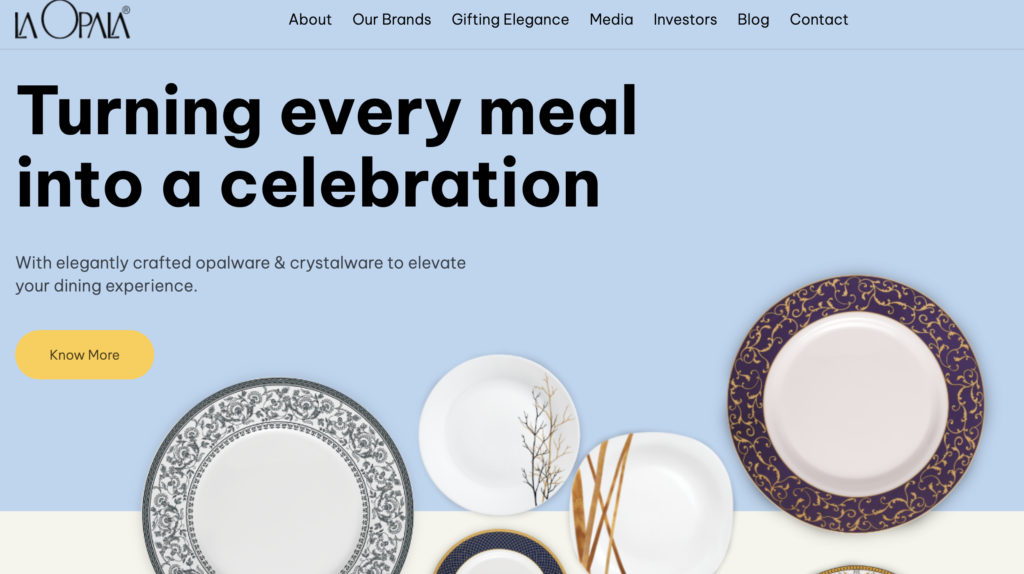
Long-tail keywords:
- durable ceramic dinner set for Indian families
- affordable yet premium-looking porcelain tableware
Vietnam: Japanese and Korean Aesthetics Take Over the Table
In Vietnamese cities like Ho Chi Minh City and Hanoi, young consumers are drawn to ceramic dinnerware inspired by Japanese and Korean styles. They favor earthy tones, simple forms, and full dinner sets that reflect their lifestyle aesthetics.
Popular Local Brands:
- Minh Long I: A long-standing Vietnamese brand known for merging tradition with modernity
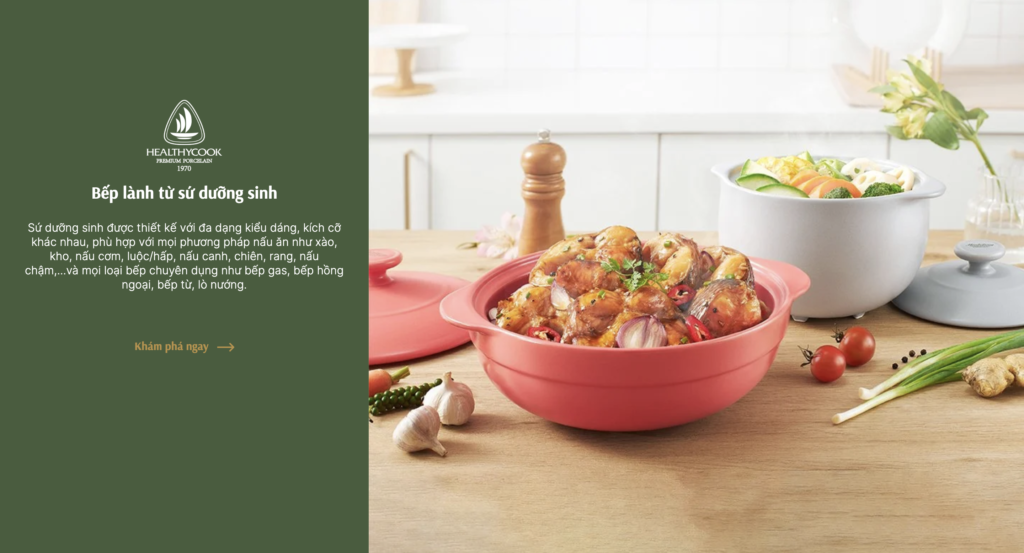
- Bat Trang Family: Originates from the historic Bat Trang village—specializes in handmade, rustic-style ceramics
- Sadec District: Combines Nordic design with Vietnamese craftsmanship, offering a hand-thrown, artisanal appeal
Long-tail keywords:
- Scandinavian-inspired ceramic plates Vietnam
- minimalist dinnerware sets for modern Southeast Asia homes
Indonesia: Shared Meals Meet Modern Simplicity
Urban households in Indonesia still embrace the culture of shared meals. In cities like Jakarta and Surabaya, consumers prefer full ceramic dinnerware sets that are both functional and visually appealing for family gatherings and festive occasions.
Popular Local Brands:
- Zen Tableware: Offers practical, family-oriented ceramic sets at accessible prices
- Luzerne Indonesia: Popular in both hotels and homes, valued for durability and understated design
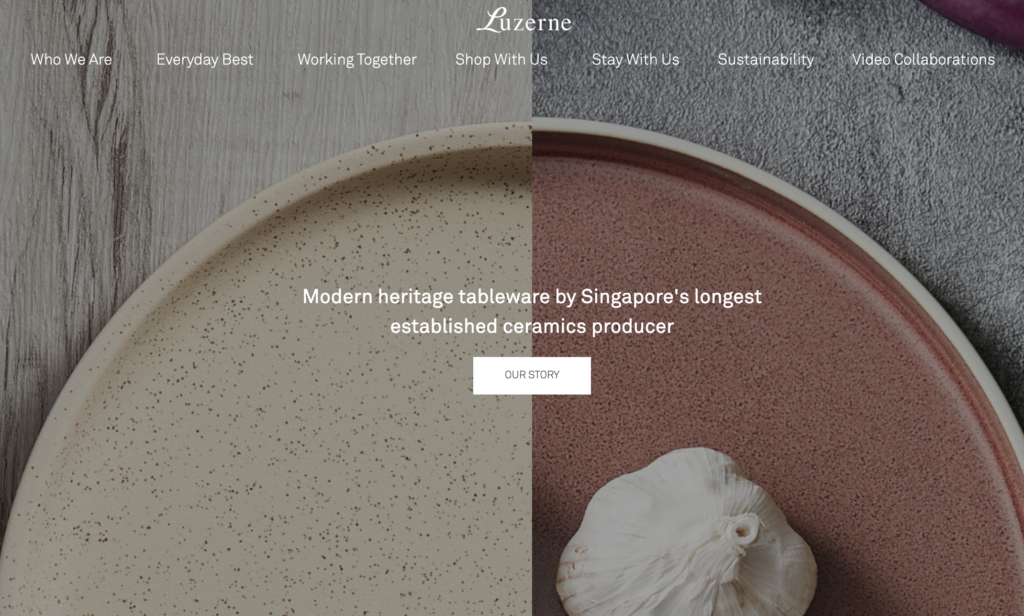
- Kedaung Group: A large-scale supplier offering a wide variety of styles for different needs and preferences
Long-tail keywords:
- large family ceramic dinner sets for urban homes
- versatile tableware set for Southeast Asian cuisine
Urban Habits = Online Shopping First
In Asia’s urban centers, e-commerce is the primary channel for buying ceramic dinnerware. On platforms like Shopee, Lazada, and Amazon, keywords such as “modern minimalist ceramic dinnerware,” “microwave-safe bowls,” and “stackable plate sets” are frequently searched.
This means:
- Visual appeal matters: Products must look good in listing photos
- Packaging must be protective: To survive transit and enhance unboxing experience
- SEO-optimized listings: Should cover usage scenarios, materials, and benefits
Sustainability: The New Standard in Urban Ceramic Preferences
Urban consumers—especially in higher-income brackets—are becoming more conscious of environmental impact. Ceramic dinnerware is winning favor over disposable plastic or metal due to its natural materials and long-lasting value.
Key product trends include:
- Lead- and cadmium-free glazes
- Recyclable packaging
- Eco-friendly ceramic dinnerware labels
Comparative Table: Urban Consumer Preferences Across Asia
| Country/Region | Urbanization Impact | Design Trends | Preferred Usage Scenarios |
|---|---|---|---|
| Japan | Compact living, minimalist lifestyle | Stackable, thin, modular | Solo meals, multi-use dinnerware |
| South Korea | Visual culture, fast-paced life | Pastel colors, handmade looks | Instagram-worthy setups, date nights |
| India | Growing middle class | Practical and elegant | Everyday meals + guest hosting |
| Vietnam | Aesthetic lifestyle rising | Japanese/Korean-inspired, earthy | Cozy dinners, compact kitchens |
| Indonesia | Family culture meets modern needs | Full dinner sets, functional | Gatherings, multi-generational homes |
FAQ: People Also Ask
Q1: Do city households prioritize brand or design in ceramic dinnerware?
A: Urban consumers, especially younger ones, care more about design and functionality than brand recognition.
Q2: Is ceramic dinnerware microwave-safe?
A: Most modern ceramic dinnerware is microwave-safe, as long as it has no metallic rim or decoration.
Q3: What kind of dinnerware is ideal for small kitchens?
A: Lightweight, stackable, and multi-functional pieces like deep plates or nested bowls work best.
Q4: Is ceramic better than glass in city kitchens?
A: Ceramic is often more durable and visually versatile, making it a popular choice for urban apartments.
Q5: What are the benefits of sustainable ceramic dinnerware?
A: It’s eco-friendly, safe for daily use, long-lasting, and aligns with modern values.
Final Thoughts: Urbanization Is Redefining the Dinner Table
Urbanization in Asia is more than a demographic shift—it’s changing how people eat, live, and express their identities. Ceramic dinnerware is now part of that lifestyle transformation, moving beyond utility to become a canvas for taste, space optimization, and sustainability.
For global home and kitchenware buyers, gift merchants, and cross-border e-commerce sellers, understanding the lifestyle shifts behind urbanization is key to product selection success. The future of dinnerware lies not just in shape and material, but in how it fits into a city dweller’s life.
In China, there are factories like EKA that specialize in ceramic tableware for daily use and offer OEM and ODM services to global kitchenware and home brands. If you’re seeking a reliable partner that understands market trends and manufacturing quality, it’s time to explore what Chinese ceramic manufacturing can offer in the age of urban living.
